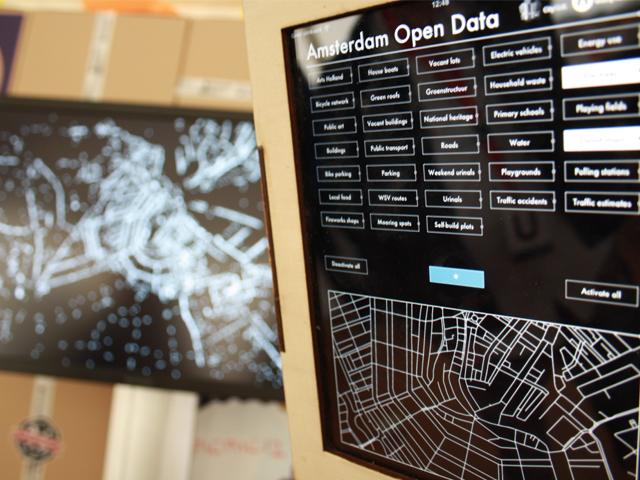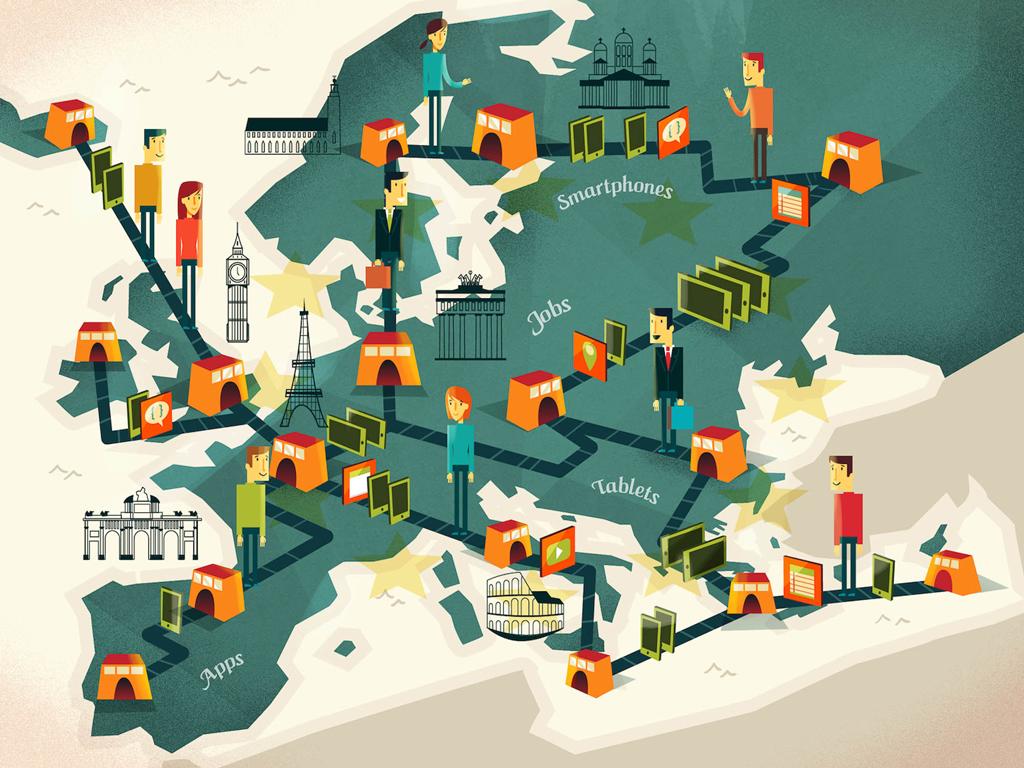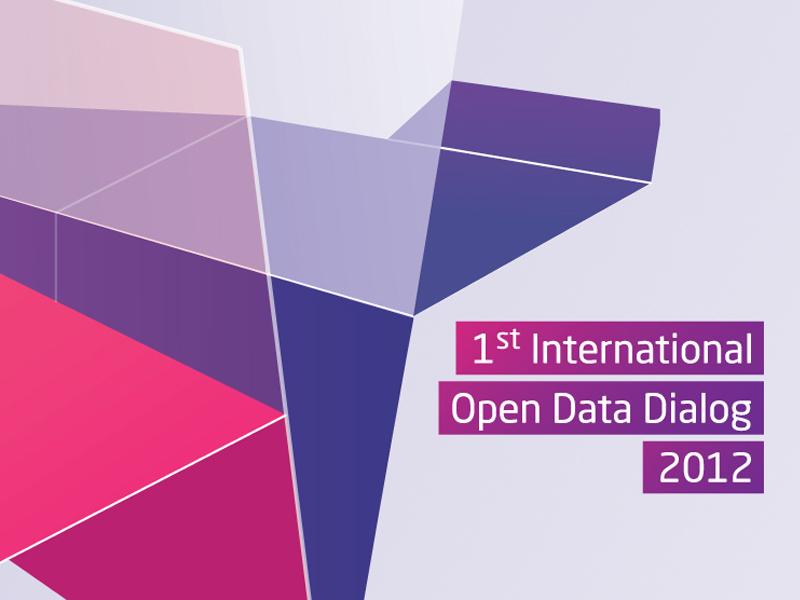Opinion piece from Financieel Dagblad (16-07-2013)
by Marleen Stikker and Ivonne Jansen-Dings
Amsterdam wants to present itself as a leader in the field of open data, publicly available government information which preferably can be read by a computer. Open data has much to offer, such as effective policies, concerned citizens and economic opportunities. But to use open data optimally they should really be open: searchable, real time and editable.
For many data services it is crucial that data is available in real time. Consider an application that shows whether the bus is delayed or not; this makes waiting for the bus something from the past. And when the particulate matter in the air is measured in real time, we can see what streets we should avoid.
Also with regard to the functioning of the democracy, the most important step - opening the administrative information - is not yet taken. How consistent do politicians vote on certain issues? How common are certain topics? Who talks the most during committee meetings? Currently, the Amsterdam City Council documents are entered in 'Andreas': not very user friendly for officials but also poorly accessible to citizens. The documents can only be accessed as a PDF, like books behind glass. You can not reuse the data, the searchability is low, analyzes or visualizations are impossible to make and smart apps are unthinkeable.
In fact, Amsterdam's position in 1993 was better. The Digital City made the entire management information system available online and texts were searchable and machine-readable. Now, in the era of open data, we're working with closed pdf files. Municipalities should make these data open.
We want searchable budgets and statements of expenditure. To think along and to take responsibility for our own environment. Who understands how his environment works has the tools at hand to change business.


